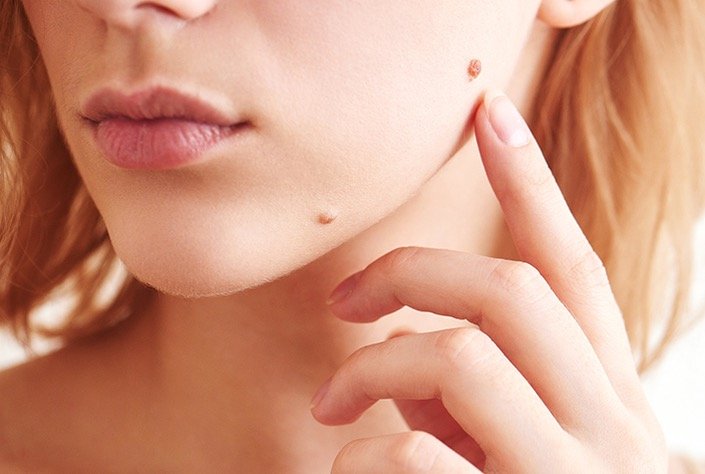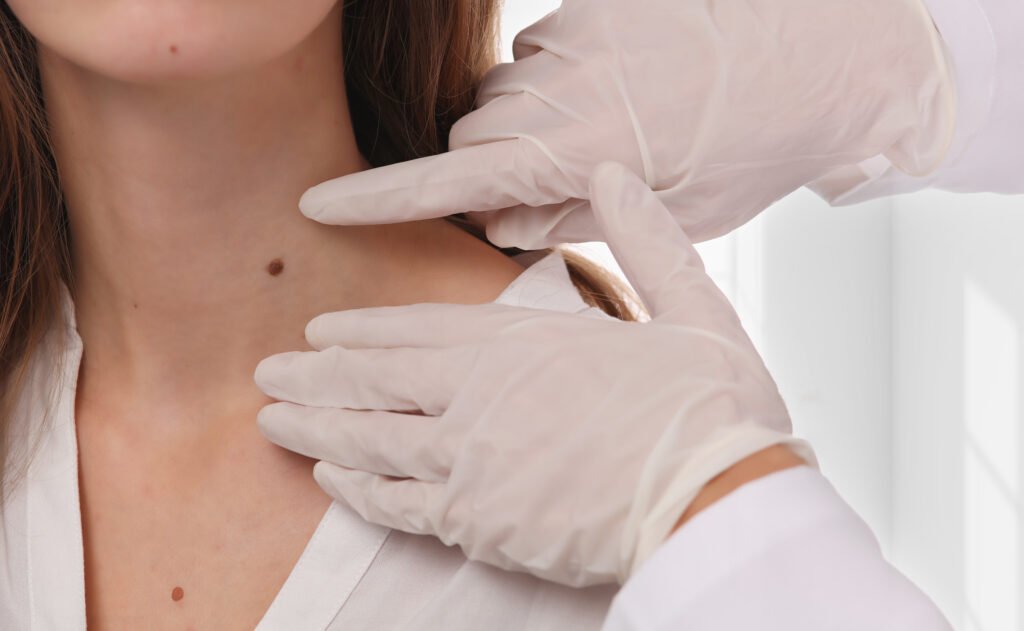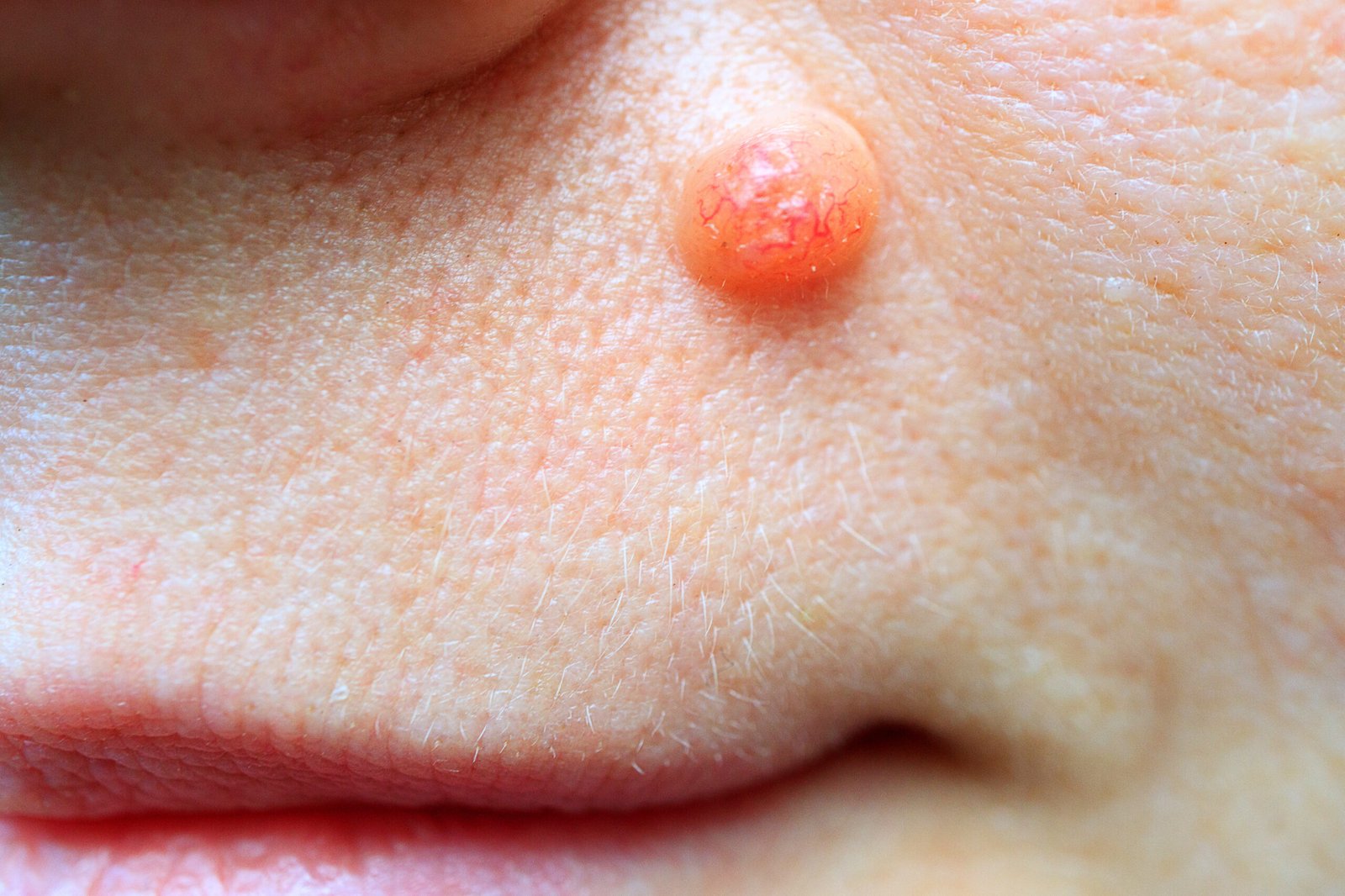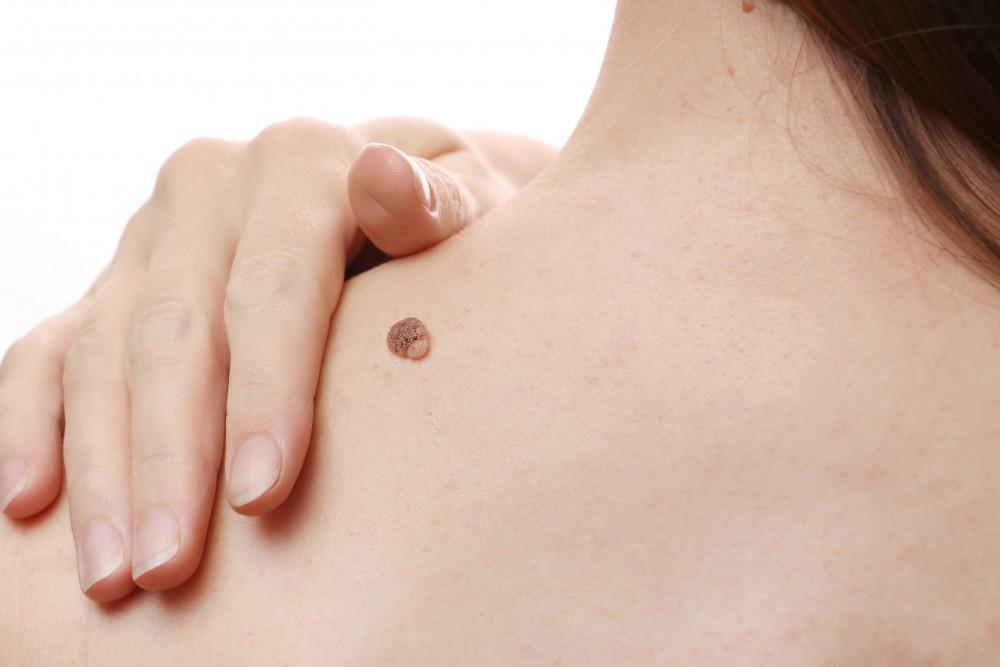Your cart is currently empty!
Which Skin Concerns Can Be Treated with Skin Rejuvenation?
Skin rejuvenation has become an increasingly popular field within cosmetic and dermatological treatments, offering solutions to a broad range of skin concerns. Whether you’re looking










